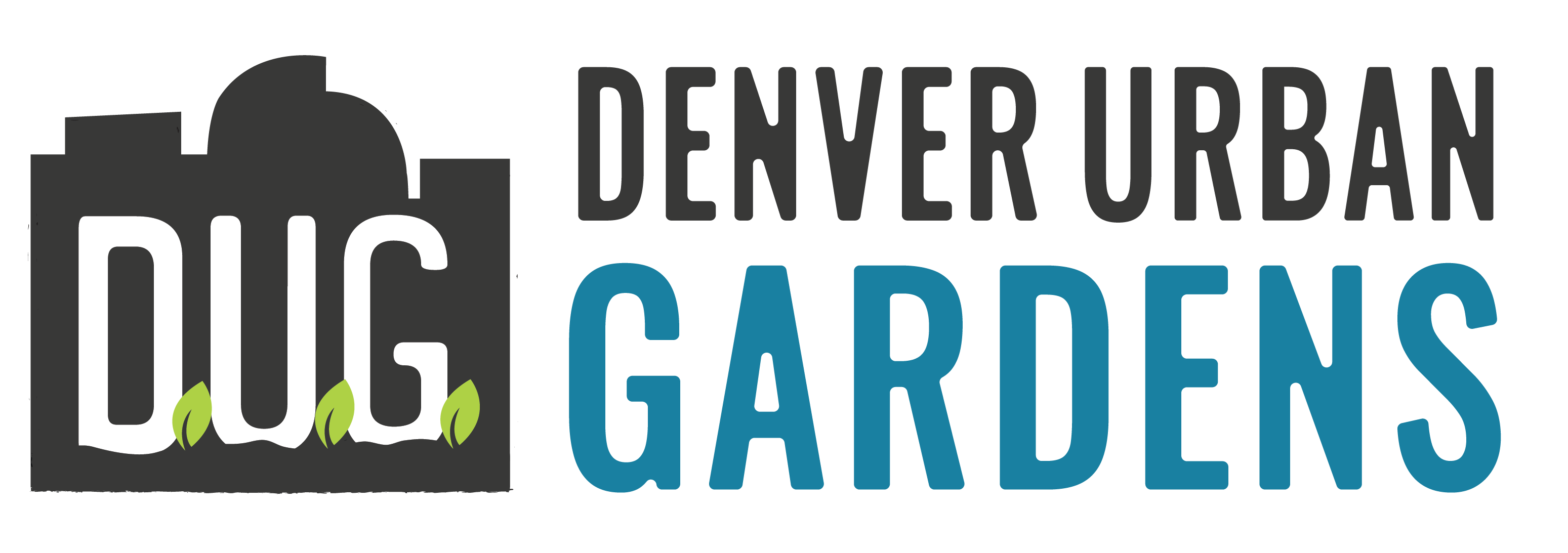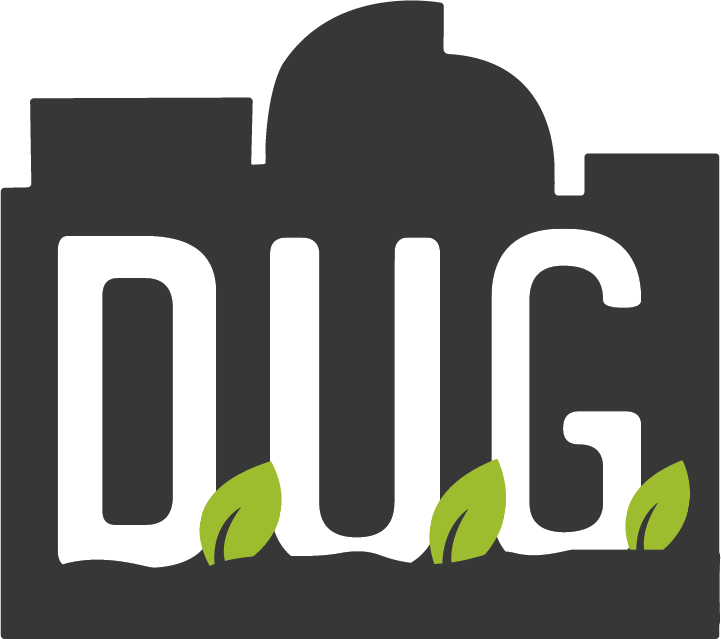The City of Denver has a bold goal to reduce its total GHG emissions by 65% by 2030 (from a 2019 baseline,) a targeted pledge to the Race to Zero Initiative, a global campaign established by the United Nations during the COP26 in 2020 to reduce global emissions.
To achieve that goal the City of Denver has identified key strategies and specific high-emitting human activities. One of the key steps to achieving the city’s 2030 targets is to reduce methane emissions from organic waste (including food waste and yard waste) in landfills. In 2021, the state of Colorado published the CO Greenhouse Gas Pollution Reduction Roadmap Report unveiling a plan to reduce GHG emissions incrementally in the next decades.

This report highlights organic waste as the largest contributor to landfills in Colorado, emitting methane as it decomposes in the landfills’ anaerobic environment. Even though methane accounts for only 11% of all GHG emissions, it is detrimental to the environment as it traps 80 times more heat in the atmosphere than CO2. Scientists estimate that at least 25% of today’s warming is driven by methane from human actions as reported by NPR.
The city established a goal to divert 50% of waste from landfills by 2030 with a bolder goal of 100% diversion by 2040, which includes 57% reduction in tons of residential food waste collected by the city.
The Role of DUG
DUG is committed to supporting these goals as an educational partner providing skills and education to the community through the Denver Community Composter Training Program, a ten-session course in partnership with Denver’s Office of Climate Action, Sustainability & Resiliency (CASR) that prepares individuals to be community composters and to share their new skills with the community. DUG has been running the Community Composter program for over 20 years directed by Judy Elliott, Senior Education Specialist.
In 2022, ‘Jungle Judy’, as she is known in the community, trained 22 community composters through a series of 10 classes, on topics ranging from soil basics, composting processes and biology, vermicomposting, building a compost pile, and teaching techniques. The participants had the chance to tour several industrial composting facilities to better understand how large composting processes work in comparison with at-home practices.
After 10 weeks, the Community Composters began a 40 hour volunteer community outreach commitment to share their newfound knowledge. Throughout the spring and summer months, the Community Composters taught 25 2-hour composting classes educating 232 participants on how to start a compost pile, how to compost with red wiggler worms at home, and how to divert waste from landfills. They also visited farmers markets across the Metro Area to educate market patrons, they engaged in community events, and joined DUG garden events, reaching 1692 community members, and amassing 1140 volunteer hours, going above their initial commitment.





